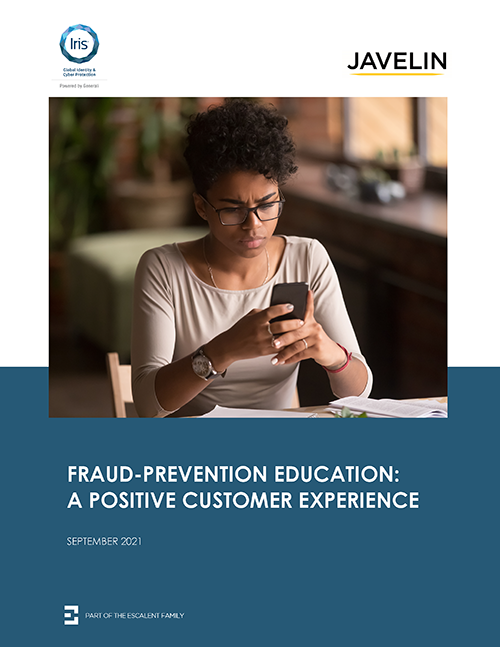Fraud-Prevention Education: A Positive Customer Experience

The COVID-19 pandemic set the perfect stage for criminals to take advantage of and exploit consumers’ vulnerabilities related to self-imposed and forced isolation. As a result, consumers were more vulnerable than ever to identity fraud, as constant streams of misinformation fooled many consumers into falling for scams and undermined their ability to adequately detect and report identity fraud. Scams linked to such things as COVID-19 vaccinations and essential-goods home delivery, as well as stimulus-check distribution and unemployment benefits, preyed on consumers’ emotional weaknesses. Those well-thought-out scams resulted in a significant uptick in fraud losses that will no doubt continue well into 2022 and beyond. In 2020, the need for more customer education about fraud prevention was highlighted. The rise in scams also demonstrated why having a well defined identity fraud response plan is a necessary tool in strengthening customer loyalty and retention.

.png)
.png?width=200&name=Iris-Generali-Logo-White%20(1).png)